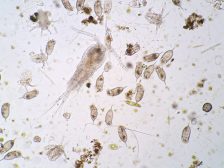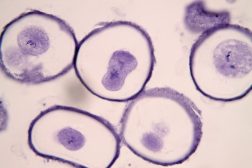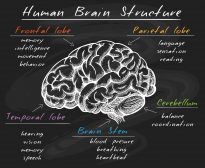Definition
noun
The study of behavioral adaptations and interactions of animals within a population in relation to the selective pressures in a particular ecological environment
Supplement
Behavioral ecology is a sub-discipline of animal biology. It focuses on the behavioral adaptations and interactions of animals within a population in relation to the selective pressures in a particular ecological environment. It stems from ethology, which studies animal behavior in its natural habitat. An individual specializing in this field is called behavioral ecologist. Niko Tinbergen is credited as one of the founders of behavioral ecology for his contributions in the understanding of how natural selection shapes animal behavior. He investigated how the adaptive behavior of animals increases their reproductive and survival values in their natural habitat.
Behavioral ecology is concerned with answering questions such as if the behavior of an animal is adaptive, and if it is, how then it becomes adaptive. There are two major types of questions: the proximate questions (or the “how”) and the ultimate questions (or the “why”). The proximate queries attempt to understand how a particular behavior develops and evolves. Environmental stimuli that triggered a behavior are determined. It also looks upon the genetic, physiological, and structural systems that lead to a particular behavior. The ultimate questions attempt to address the significance of that behavior to the animal’s evolution, survival, and reproduction.
Variant(s):
- behavioural ecology
See also:







